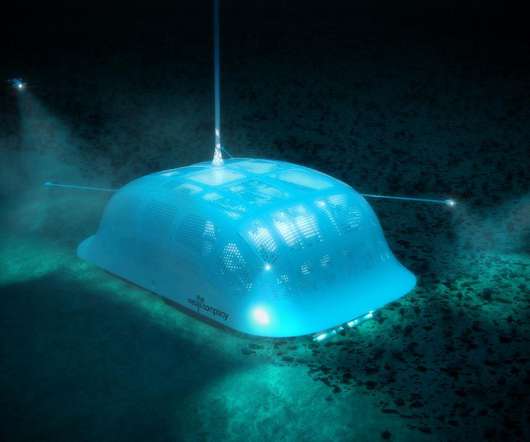MIT researchers advancing development of supercritical water upgrading of heavy crude; lower cost, energy use and CO2
Green Car Congress
JULY 18, 2015
Findings by MIT researchers could help advance the commercialization of supercritical water technology for the desulfurization and upgrading of high-sulfur crude oil into high-value, cleaner fuels such as gasoline without using hydrogen—a major change in refining technology that would reduce costs, energy use, and CO 2 emissions.


















Let's personalize your content